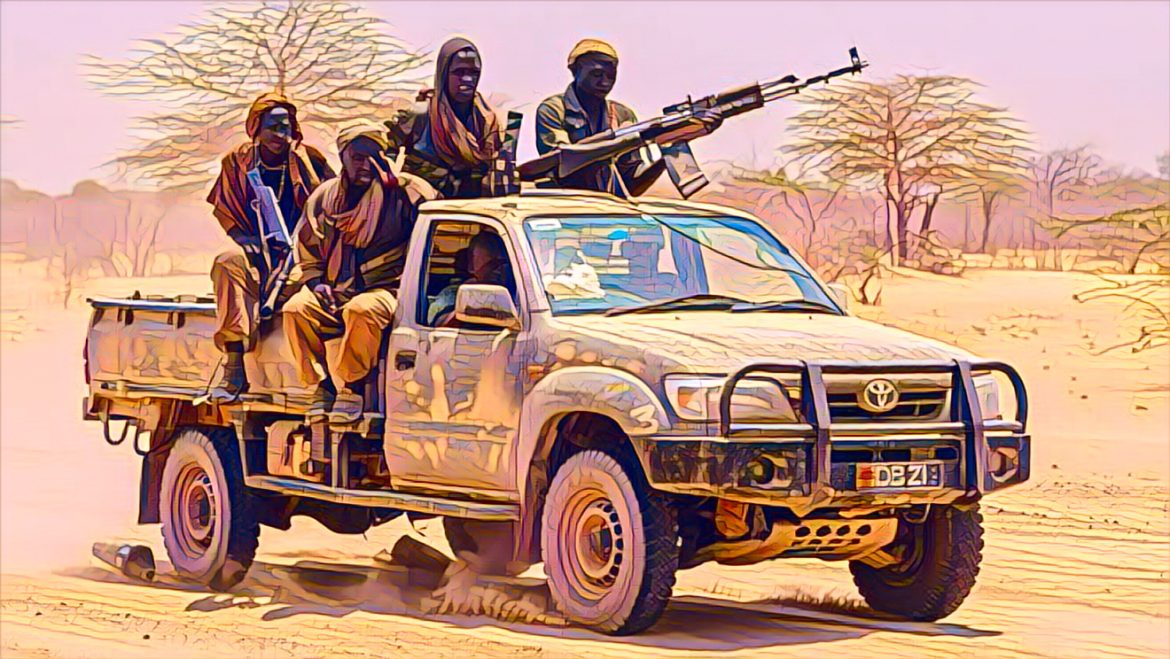KEY POINTS
- Militants exploit Ghana’s border as a logistics base.
- Burkina Faso conflict fuels militant presence in Ghana.
- Ghana faces a heightened risk of militant recruitment.
Northern Ghana is being used covertly by Islamist militants engaged in combat in Burkina Faso as a medical and logistics base, according to individuals who spoke to Reuters. They could be able to increase their footprint in West Africa as a result.
Militants exploit Ghana’s porous northern border
According to seven sources, including regional diplomats and Ghanaian security officers, Ghanaian authorities seem to be ignoring extremists fleeing Burkina Faso. According to reports, the militants are restocking food, fuel, and explosives, and local clinics are treating wounded combatants. Although Ghana has avoided the Islamist attacks that have afflicted its neighbours, this strategy runs the risk of enabling terrorists to take root and recruit in underprivileged areas.
The 372-mile border between Ghana and Burkina Faso has been at the epicentre of an insurgency that has left millions of people homeless and thousands dead, according to Reuters. With organizations affiliated with al-Qaida and Islamic State growing their influence, the area has turned into a hub for terrorism. Much of Burkina Faso’s territory has been lost, and the JNIM group, which is associated with al-Qaida, has gained ground. According to a recent statement from a JNIM senior, the organization wants to grow into Ghana, Togo, and Benin.
Ghana has not yet had a significant attack, in contrast to Benin and Togo. Although he rejected any non-aggression deal, Ghana’s ambassador to Burkina Faso, Boniface Gambila Adagbila, admitted that extremists were taking advantage of the porous border. Ghana and Burkina Faso are collaborating to combat the menace, he said.
Ghana, a powerful democracy that will have elections on December 7, is thought to be essential to maintaining regional security. Western countries, such as the United States and the United Kingdom, frequently commend its initiatives to advance regional peace.
Security officials deny non-aggression pact claims
The Dutch think group Clingendael claims that militants have refrained from assaulting Ghana in order to safeguard its supply routes and prevent upsetting its comparatively powerful army. Ghana appears to have adopted a de facto non-aggression position with JNIM in order to prevent escalation, even while it engages in cooperative operations with its neighbours.
According to a top Ghanaian security officer, militants use Ghana as a base for medical care and strikes abroad, but they are watched and occasionally employed as informants. The official declared, “We have taken many terrorists into custody and turned them over to Burkina Faso.”





1 comment
**mitolyn**
Mitolyn is a carefully developed, plant-based formula created to help support metabolic efficiency and encourage healthy, lasting weight management.